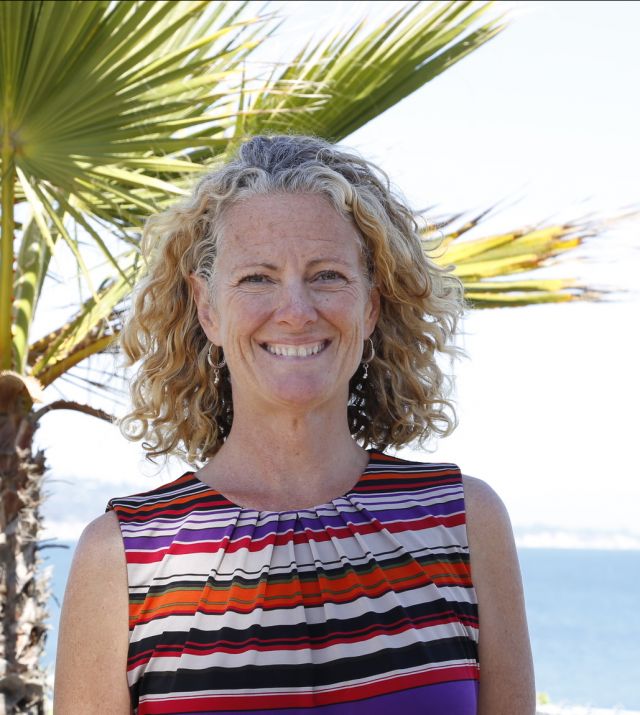Engineering Cells and Microsystems to Study Mechanobiology

Online CBE Seminar
All Spring 2020 CBE Seminars will be hosted online via Zoom. Zoom will open after the host has joined at the start of each seminar. You can ask questions through the chat forum and by raising your "hand" and the speaker will call on you. Zoom link here: https://ucsb.zoom.us/j/943297219
Speaker
Beth L. Pruitt, Ph.D
Professor, Department of Mechanical Engineering;
BioMolecular Science and Engineering; and
Molecular, Cellular, and Developmental Biology
Director, Center for Bioengineering
University of California, Santa Barbara
Abstract
Living organisms generate and respond to mechanical forces and these forces are sensed and created by specialized cells in the body. Force generation and sensing, or more broadly the mechanobiology coupling tissue (cell) mechanics and biology, are essential in normal development, wound healing, and tissue homeostasis. Our mechanical senses of hearing and touch allow us to navigate our environment and interact with one another, yet they remain the least understood of our perceptive senses. Basic life sustaining functions such as breathing, circulation, and digestion are driven autonomously by coordinated contraction of specialized muscle cells, yet how these functions incorporate active feedback via force sensing at the cellular level is an area of active study. Meanwhile, a variety of specialized stretch activated receptors and mechanically mediated biochemical signaling pathways have been identified in recent years. Importantly, defects in proteins of these mechanically mediated pathways and receptors have been implicated in disease states spanning cardiovascular disease, cancer growth and metastasis, neuropathy, and deafness. Thus, understanding the mechanical basis of homeostasis (health) and defective cell renewal function (disease) increasingly requires us to consider the role of mechanics. To study how cells and tissues integrate mechanical signals, we and others have developed specialized cell cultures systems and micromachined tools to stimulate and measure forces and displacements at the scale of proteins and cells. A key feature of such experiments is the ability to observe cell outputs such as morphological changes, protein expression, electrophysiological signaling, force generation and transcriptional activity in response to mechanical stimuli.
BIO
Dr. Beth Pruitt recently moved to the University of California Santa Barbara as a Professor of Mechanical Engineering and Biomolecular Science and Engineering to help build a new Bioengineering program and department. Before that, she was on the faculty at Stanford University from 2003-2018 in Mechanical Engineering and Bioengineering, where she led the Stanford Microsystems Lab focused on small-scale metrologies for interdisciplinary micro-mechanics applications such as mechanobiology, biomechanics and sensing. Beth earned her S.B. in mechanical engineering from the Massachusetts Institute of Technology (MIT) where she was in Navy ROTC and also learned sailing, leadership, and perseverance. She subsequently earned her M.S. in Manufacturing Systems Engineering from Stanford University then served as an officer in the US Navy. Her first tour of service was at the engineering headquarters of the Navy nuclear programs, and her second tour was as an instructor teaching Systems Engineering (and offshore sailing in the summer) at the U.S. Naval Academy. After her Navy service, Dr. Pruitt earned her Ph.D. in Mechanical Engineering supported as a Hertz Foundation Fellow at Stanford University with research advancing microtechnology and small-scale metrologies for force measurements. Dr. Pruitt was a postdoctoral researcher at the Swiss Federal Institute of Technology Lausanne (EPFL) working to advance the use of polymers in microdevices. And in 2012, she was a visiting professor in the Lab for Applied Mechanobiology in the Department of Health Sciences and Technology at ETH, Zurich. She has been recognized by the NSF CAREER Award, DARPA Young Faculty Award, Denice Denton Leadership Award and is a Fellow of the ASME and AIMBE.